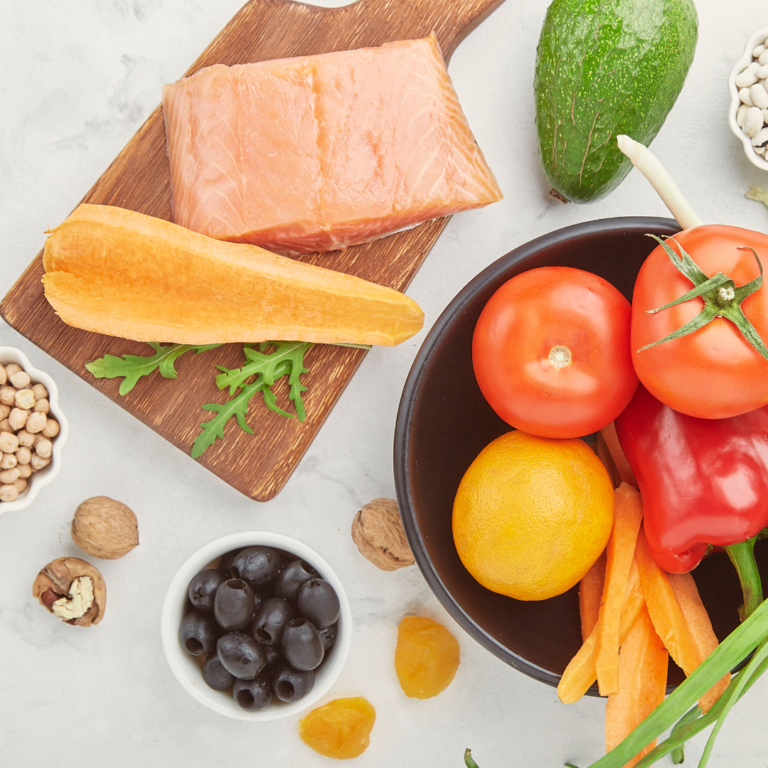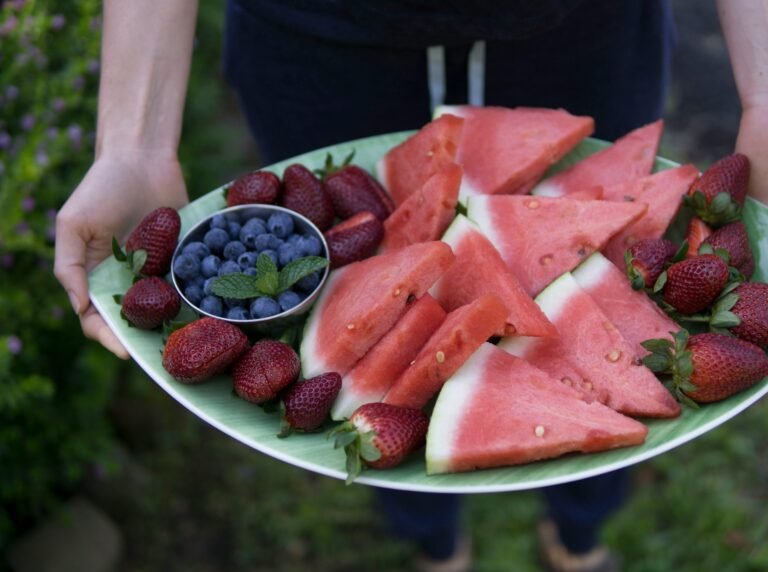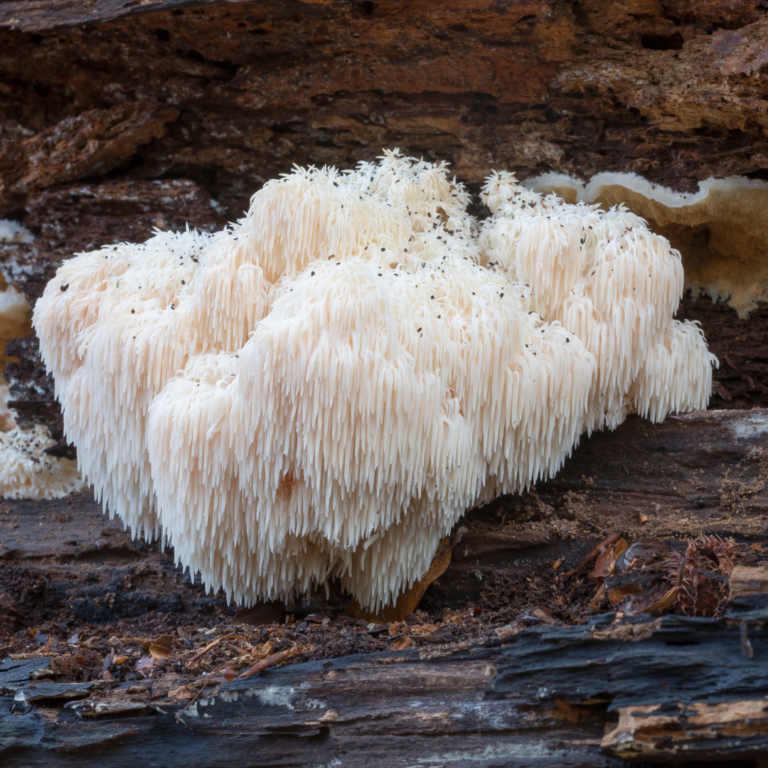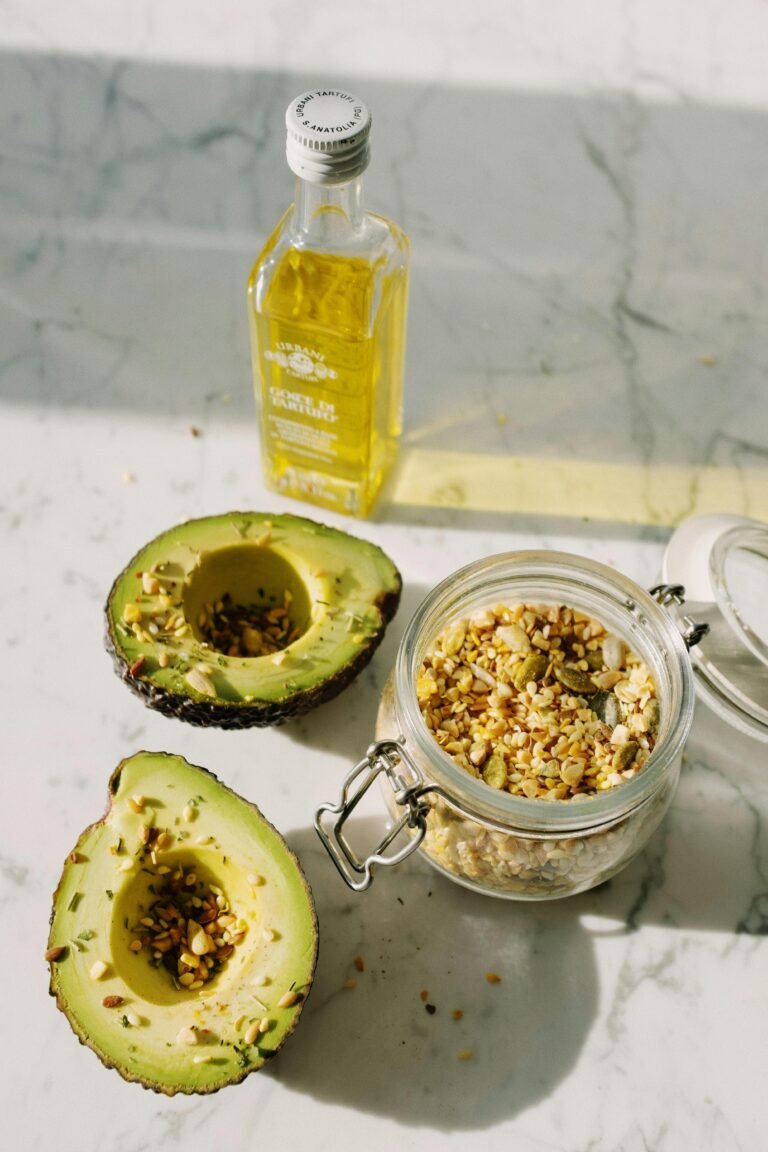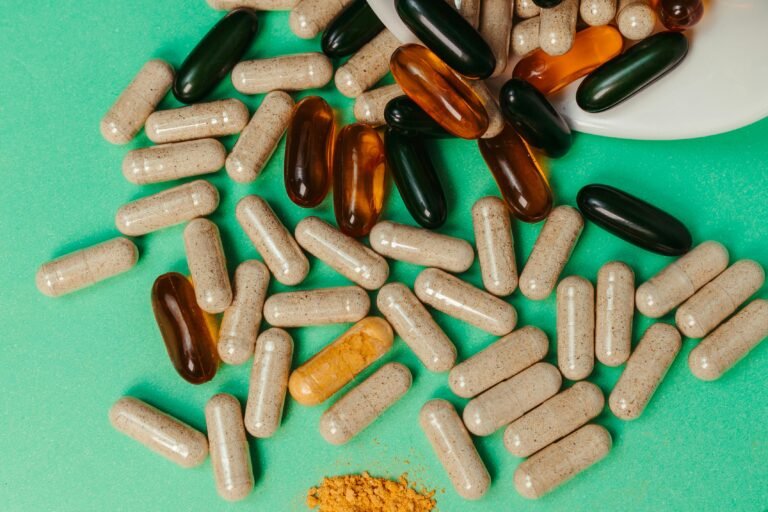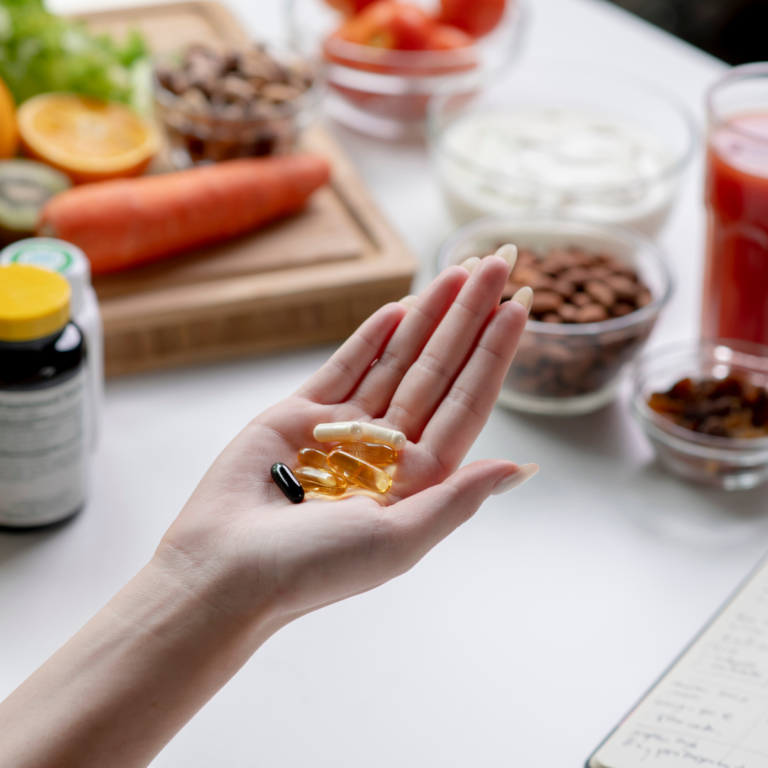The Essential Guide to the 8 Healthiest Seeds You Should Add to Your Diet
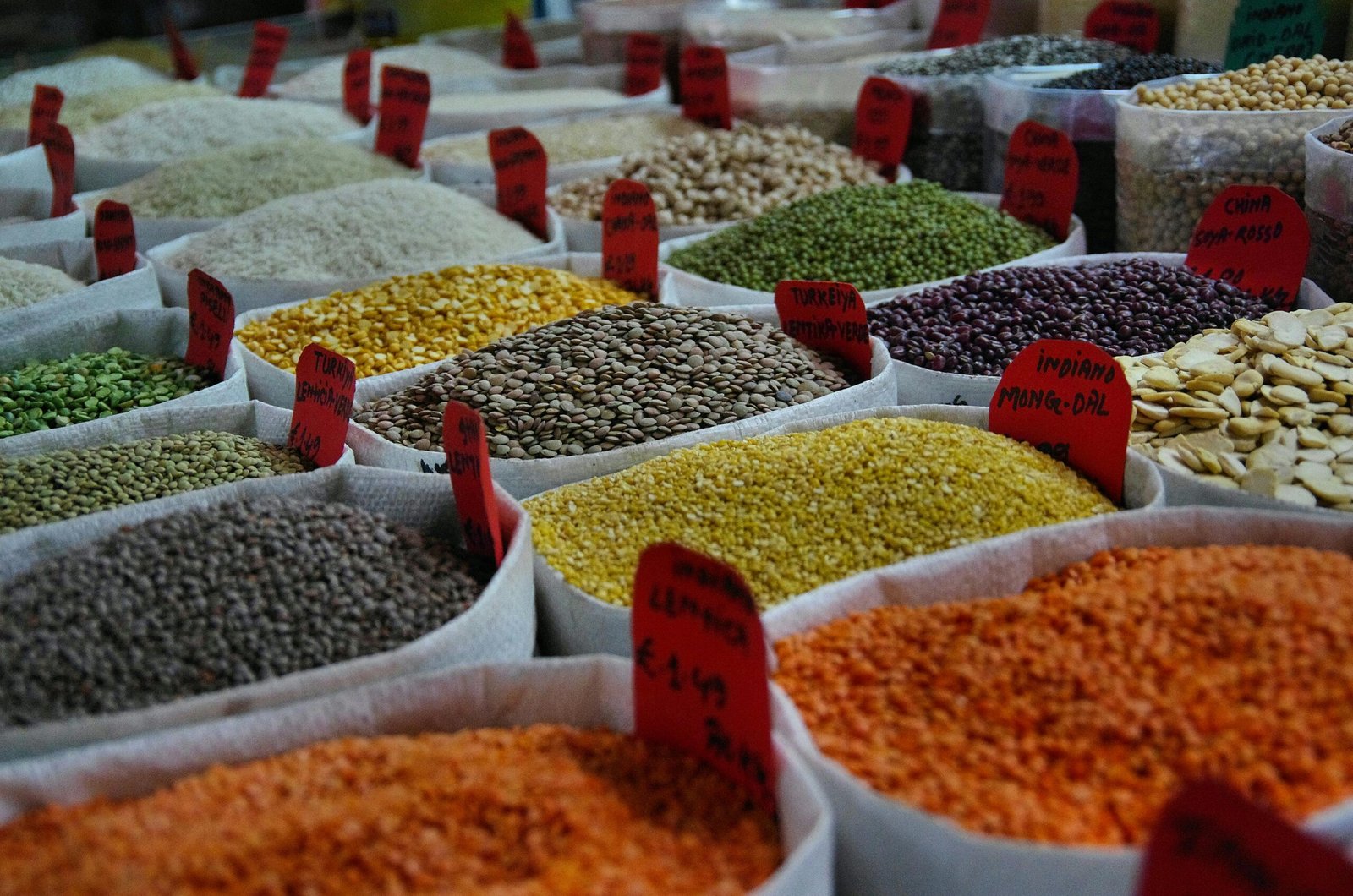
- What Makes Seeds So Nutritious?
- The Top 8 Healthiest Seeds to Include in Your Diet
- Practical Tips for Adding Seeds to Your Diet
- Common Concerns and FAQs
- Conclusion
In the quest for better health, seeds often go overlooked, yet they pack a powerful punch when it comes to nutrition. These tiny powerhouses are loaded with essential nutrients, including healthy fats, fiber, and a wide array of vitamins and minerals. Whether you’re looking to boost your heart health, improve digestion, or simply add a nutritious crunch to your meals, seeds are an easy and versatile addition to your diet.
This guide will walk you through the top 8 healthiest seeds you should consider incorporating into your daily routine. From flaxseeds to pomegranate seeds, we’ll explore their unique benefits and how to enjoy them in your meals.
What Makes Seeds So Nutritious?
Seeds are nutritional powerhouses because they contain all the starting materials necessary to develop into complex plants. This means they are packed with nutrients in a concentrated form, offering substantial health benefits when consumed as part of a balanced diet.
Most seeds are rich in fiber, which aids in digestion and helps to keep you feeling full longer. They are also high in healthy fats, particularly omega-3 fatty acids, which are known for their heart-protective benefits. Additionally, seeds provide a range of essential vitamins and minerals, such as magnesium, calcium, zinc, and B vitamins, which support various bodily functions.
Another significant benefit of seeds is their antioxidant content. Antioxidants help to combat oxidative stress in the body, reducing the risk of chronic diseases such as heart disease, cancer, and diabetes. Furthermore, seeds like flaxseeds and chia seeds contain lignans, which are plant compounds that have antioxidant and estrogenic properties, potentially lowering the risk of hormone-related cancers.
With such a dense nutrient profile, it’s no wonder that seeds are considered a superfood. Whether you’re looking to lose weight, manage your blood sugar levels, or simply enhance your overall health, incorporating seeds into your diet is a smart and simple strategy.
The Top 8 Healthiest Seeds to Include in Your Diet
1. Flaxseeds
Flaxseeds, also known as linseeds, are a fantastic source of dietary fiber, omega-3 fatty acids, and lignans, which are powerful antioxidants. These tiny seeds are particularly beneficial for heart health, as they help reduce cholesterol levels and inflammation. Additionally, the fiber in flaxseeds supports digestive health and helps regulate blood sugar levels.
To get the most out of flaxseeds, it’s best to consume them ground rather than whole, as this makes the nutrients more accessible. You can easily add ground flaxseeds to smoothies, yogurt, oatmeal, or baked goods.
2. Chia Seeds
Chia seeds are another nutritional powerhouse, rich in fiber, omega-3 fatty acids, calcium, and antioxidants. These tiny seeds absorb liquid and expand, making them perfect for creating chia pudding or thickening smoothies. Chia seeds are also known for their ability to improve digestive health, regulate blood sugar levels, and provide sustained energy.
One of the easiest ways to incorporate chia seeds into your diet is by adding them to your water or juice. You can also sprinkle them on top of salads, cereal, or yogurt, or use them as an egg substitute in baking.
3. Hemp Seeds
Hemp seeds are an excellent source of complete protein, meaning they contain all nine essential amino acids that our bodies cannot produce. They are also rich in healthy fats, particularly omega-3 and omega-6 fatty acids, which help reduce inflammation and support heart health. Additionally, hemp seeds provide a good dose of magnesium, which is crucial for muscle function and bone health.
These seeds have a mild, nutty flavor and can be sprinkled on salads, blended into smoothies, or mixed into yogurt. You can also use hemp seed oil as a salad dressing or drizzle it over cooked vegetables.
4. Pumpkin Seeds
Pumpkin seeds, also known as pepitas, are packed with nutrients, including magnesium, zinc, and antioxidants. They are particularly known for their benefits to prostate health and urinary function, making them a popular choice among men. Pumpkin seeds also support heart health by reducing blood pressure and cholesterol levels.
These seeds make a tasty and nutritious snack on their own or can be added to salads, oatmeal, or baked goods. You can also roast pumpkin seeds with your favorite spices for a crunchy, flavorful treat.
5. Sunflower Seeds
Sunflower seeds are rich in vitamin E, a powerful antioxidant that helps protect your cells from damage. They also provide a good amount of healthy fats, protein, and magnesium, supporting heart health and reducing inflammation. Sunflower seeds are particularly beneficial for maintaining healthy skin due to their vitamin E content.
You can enjoy sunflower seeds as a snack, sprinkle them over salads, or add them to homemade granola. Sunflower seed butter is also a great alternative to peanut butter for those with nut allergies.
6. Sesame Seeds
Sesame seeds are small but mighty, offering a rich source of calcium, magnesium, and lignans. These nutrients are particularly beneficial for bone health and hormonal balance. Sesame seeds are also known for their ability to lower blood pressure and reduce inflammation in the body.
These versatile seeds can be sprinkled on salads, added to stir-fries, or used to make tahini—a delicious sesame seed paste commonly used in Middle Eastern cuisine. Sesame seeds also make a great topping for bread and baked goods.
7. Quinoa
Although often considered a grain, quinoa is actually a seed and is one of the few plant-based sources of complete protein. It is also high in fiber, B vitamins, and important minerals like magnesium and iron. Quinoa is particularly valued for its ability to support muscle recovery, digestive health, and energy levels.
Quinoa is incredibly versatile and can be used as a base for salads, served as a side dish, or added to soups and stews. Its mild flavor makes it an excellent substitute for rice or pasta.
8. Pomegranate Seeds
Pomegranate seeds, also known as arils, are not only delicious but also packed with nutrients. They are high in vitamin C, vitamin K, fiber, and antioxidants, making them excellent for boosting your immune system and protecting your body against inflammation. Pomegranate seeds also promote heart health by improving blood flow and reducing oxidative stress.
These vibrant seeds can be sprinkled over salads, yogurt, or oatmeal, or enjoyed on their own as a refreshing snack. They also add a burst of flavor to smoothies and desserts.
Practical Tips for Adding Seeds to Your Diet
Incorporating seeds into your daily meals doesn’t have to be complicated. Here are some practical tips to help you get started:
- Start small: Begin by adding a tablespoon of seeds to your meals, such as sprinkling them on your cereal, salad, or yogurt.
- Experiment with recipes: Try different recipes that incorporate seeds, such as chia pudding, quinoa salads, or homemade energy bars.
- Mix it up: Use a variety of seeds to get a broader range of nutrients. Rotate between flaxseeds, chia seeds, pumpkin seeds, and more.
- Keep seeds fresh: Store seeds in an airtight container in the refrigerator to maintain their freshness and nutritional value.
- Grind for better absorption: Some seeds, like flaxseeds, are better absorbed when ground. Consider using a coffee grinder or purchasing pre-ground seeds.
By following these tips, you can easily incorporate seeds into your diet and start reaping the numerous health benefits they offer.
Common Concerns and FAQs
While seeds are generally healthy and beneficial, there are some common concerns and questions that you might have before incorporating them into your diet. Here are a few points to consider:
1. Potential Allergies
Some people may be allergic to certain seeds, such as sesame seeds or sunflower seeds. If you have known food allergies, it’s important to introduce new seeds into your diet slowly and monitor for any adverse reactions. Symptoms of a seed allergy can include hives, itching, swelling, or more severe reactions like anaphylaxis.
2. Digestive Issues
Seeds are high in fiber, which is generally beneficial for digestion, but consuming too much fiber too quickly can cause bloating, gas, or discomfort. To avoid this, gradually increase your seed intake and drink plenty of water to help the fiber move smoothly through your digestive system.
3. Phytic Acid Content
Some seeds, such as flaxseeds and sesame seeds, contain phytic acid, a compound that can inhibit the absorption of certain minerals like calcium and iron. However, this is usually only a concern if your diet is extremely high in these seeds. To reduce phytic acid content, you can soak or sprout seeds before consuming them.
4. Choosing High-Quality Seeds
For the best health benefits, opt for organic, non-GMO seeds when possible. This helps ensure that your seeds are free from harmful pesticides and genetically modified organisms. Additionally, buy seeds in small quantities and store them properly to prevent rancidity, which can diminish their nutritional value.
5. Moderation is Key
As with any healthy food, it’s important to consume seeds in moderation. While they are nutrient-dense and beneficial, they are also high in calories and fats. Incorporate seeds as part of a balanced diet that includes a variety of fruits, vegetables, whole grains, and lean proteins.
Conclusion
Seeds may be small, but they pack a nutritional punch that can greatly benefit your health. From improving heart health and digestion to boosting your immune system and providing essential nutrients, seeds are a simple yet powerful addition to your diet. By including a variety of seeds such as flaxseeds, chia seeds, hemp seeds, and more, you can take advantage of their unique benefits and enhance your overall well-being.
Now that you know the top 8 healthiest seeds to add to your diet, why not start today? Try sprinkling some seeds over your morning oatmeal, blending them into a smoothie, or using them in your favorite baking recipes. The possibilities are endless, and the health benefits are well worth the effort.
Have you tried incorporating seeds into your diet? What are your favorite ways to enjoy them? Share your tips with us.

